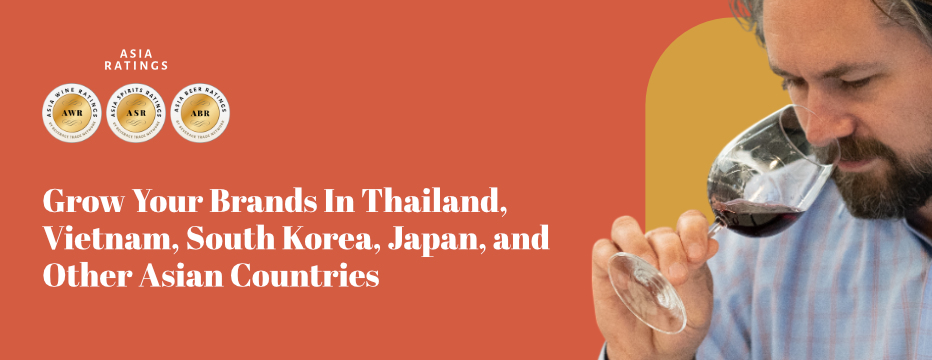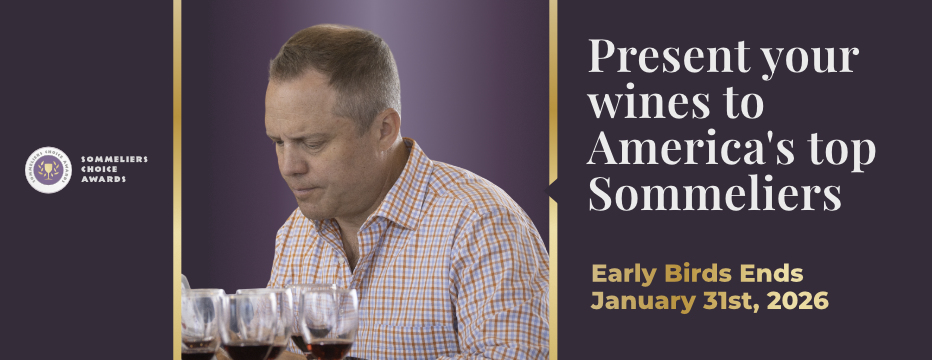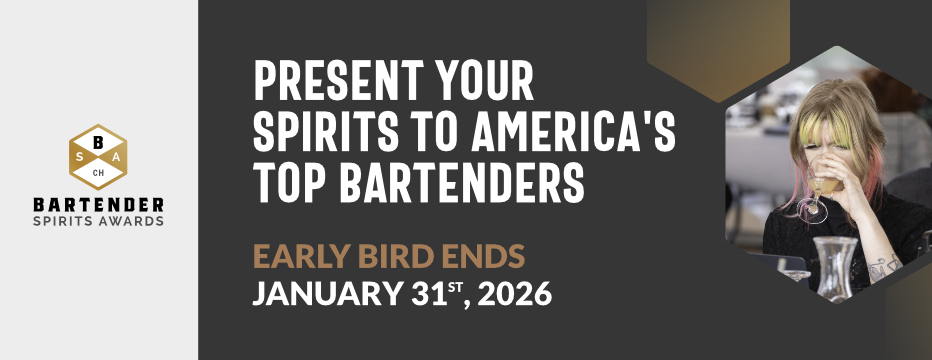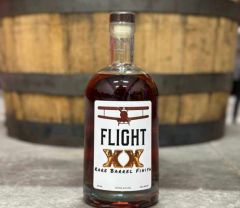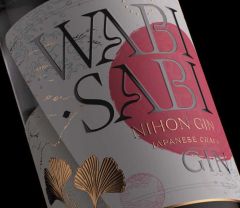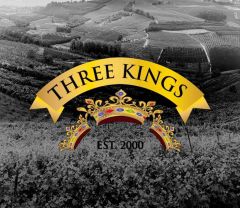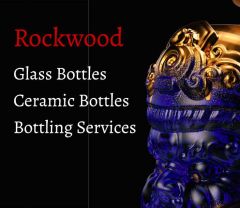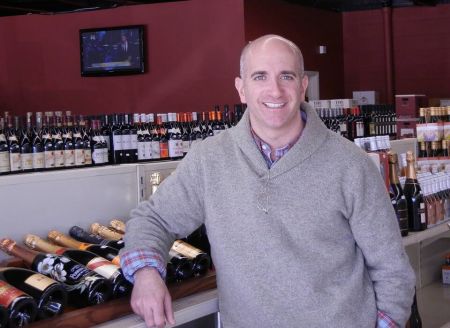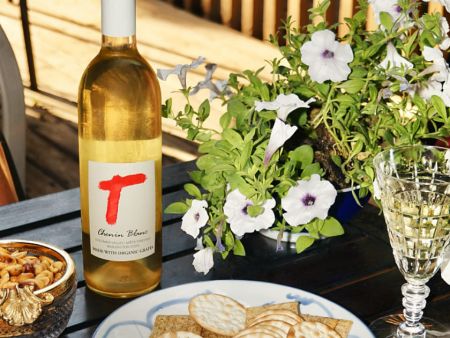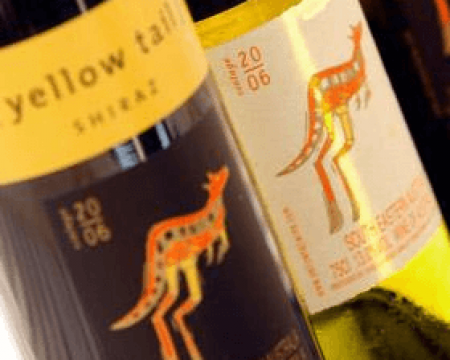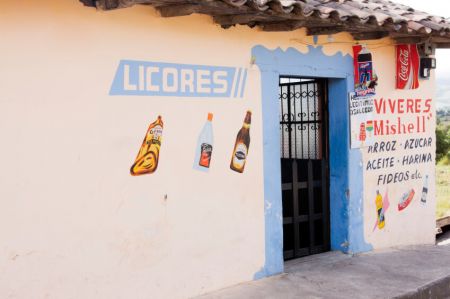Sommeliers Choice Awards 2025 Winners
Rye Whiskey and Beyond: Eli Breitburg-Smith on Maryland's Thriving Distilling Scene
The Maryland Distillers Guild shapes a new era for local craft spirits.
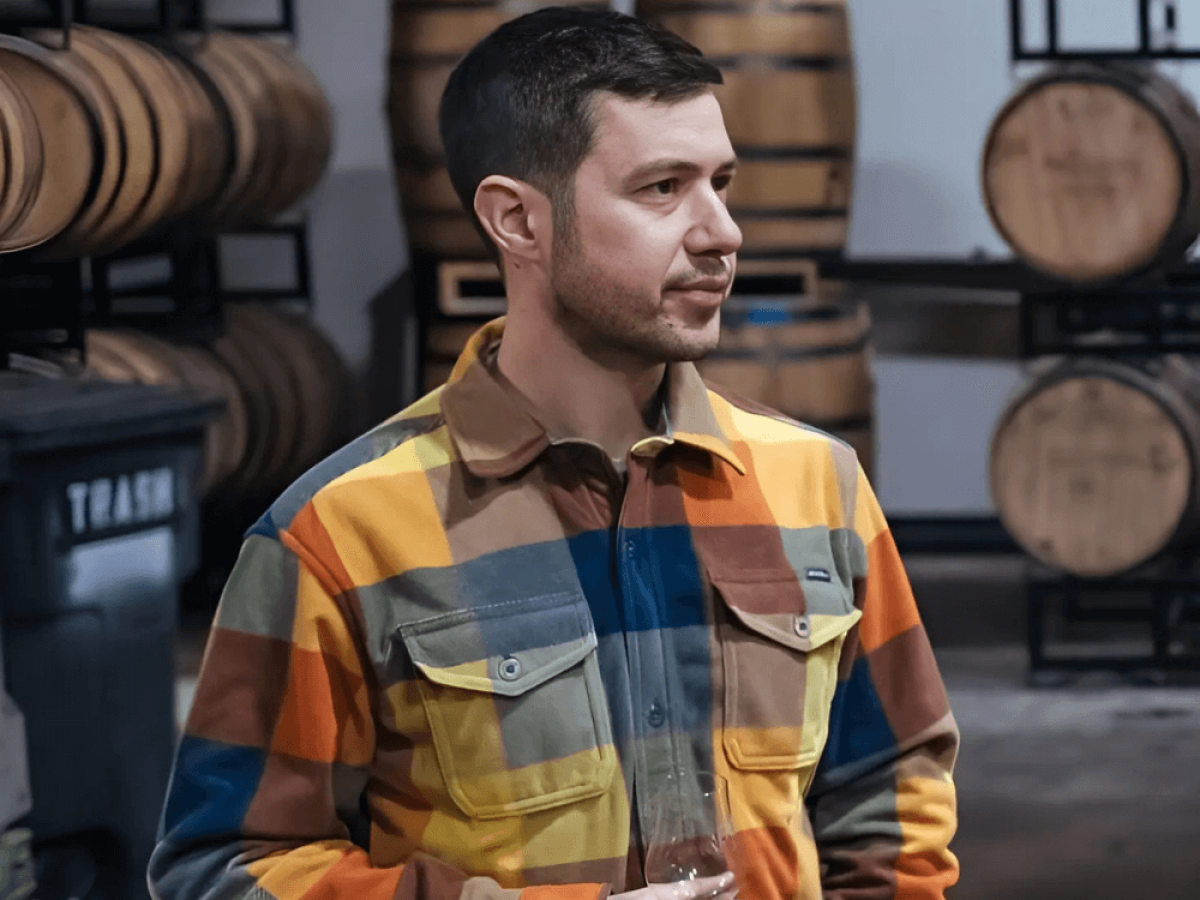
In recent years, Maryland’s craft spirits industry has surged with an impressive wave of innovation and collaboration. Eli Breitburg-Smith as President of the Maryland Distillers Guild and co-founder of the Baltimore Spirits Company has played a pivotal role in shaping the state's evolving spirits landscape. He holds a deep commitment to both preserving Maryland’s rich distilling heritage and pushing boundaries through bold new creations. From advocating for legislative changes to fostering a vibrant community of producers, his work highlights the promise of Maryland as a hub for craft distillation. As Rye Whiskey officially becomes the state’s spirit, we explore the milestones and future ambitions driving this local industry forward.
Craft distilling in Maryland has seen tremendous growth recently. How has the Maryland Distillers Guild contributed to fostering this community, and what are the key challenges the Guild aims to address in the coming years?
The Maryland Distillers Guild has found numerous ways to support the growth of the industry in our state. First and most importantly, we have worked to advance legislation that makes Maryland more friendly to small business owners in the distilling industry. When the first craft distillery in MD opened in 2014, we had very tight restrictions on sampling, events, and bottle sales. Since then, the guild has been able to get legislation passed that allows distillers to self-distribute, make cocktails with their own spirits, sample and sell at farmer's markets and offsite events, and remove limits on bottle sales to consumers from our premises. Importantly, the state is starting to recognize the potential importance of the industry to tourism, and as of October 1, 2023, Rye Whiskey is the official state spirit of MD.
The guild also tries to foster a collaborative environment through quarterly in-person meetings, and a focus on educational content and events that highlight our spirit producers. We have an event series called Spirits of Maryland that travels to different parts of the state to help introduce our members to consumers they might otherwise have difficulty reaching.
Moving forward, we believe that focusing on tourism and the connectedness of our distilling community to the history and agriculture of our state will help to continue to strengthen what we have built so far.
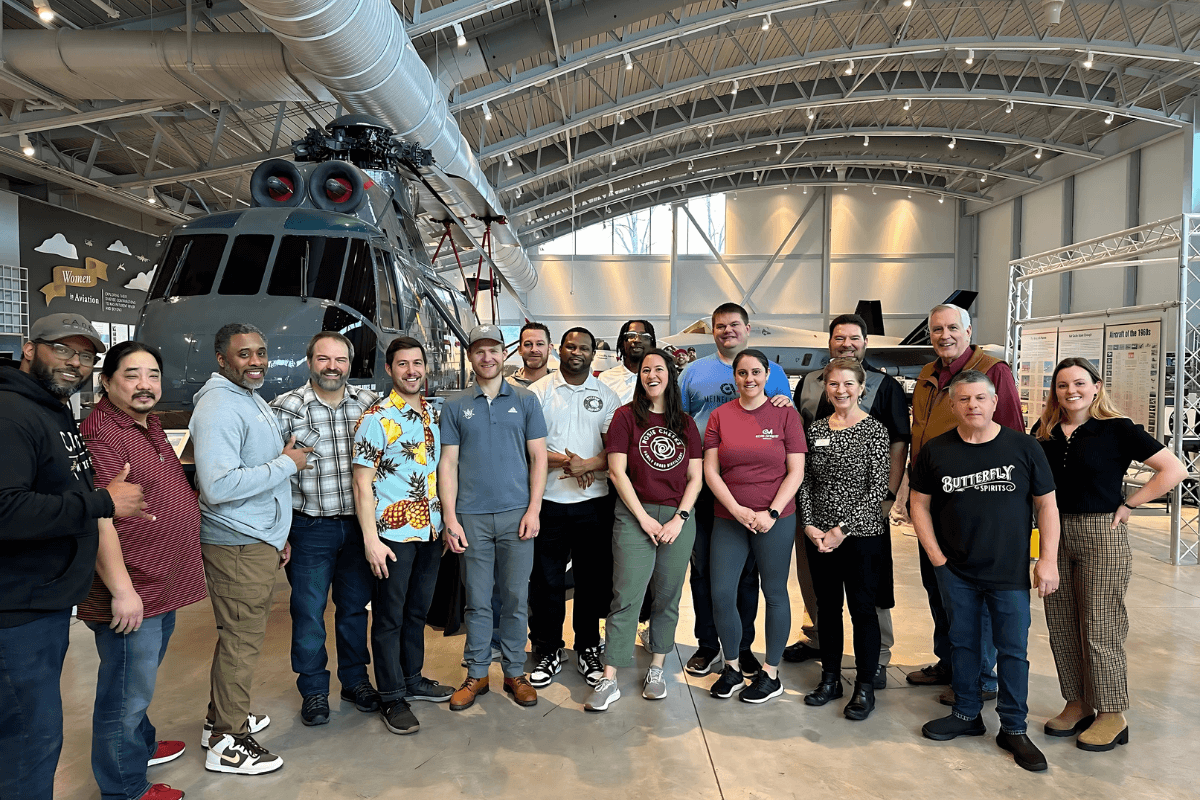
Image: Members of the Maryland Distillers Guild.
November is Maryland Spirits Month—a time to celebrate the region’s distilling achievements. What initiatives or events do you think have been most successful in engaging consumers and building a wider appreciation for locally crafted spirits?
Our most successful initiatives have been our Spirits of Maryland events as well as having Rye Whiskey named our state spirit. People enjoy the opportunity to learn about the rich history of distilling in Maryland, and how the new crop of distillers is building on the past. We also are working to partner up with bars and restaurants around the state that feature Maryland-made spirits to help people find their local favorites at other places besides the distillery.
Your experience as both a distiller and the Guild president gives you unique insights into the industry. What trends do you see shaping the future of craft spirits in Maryland and the US market?
In my opinion, the diversity of products and producers in our state is what will shape the future of craft spirits in Maryland. While rye whiskey leads the way with its historic ties, we have producers of Puerto Rican moonshine called pitorro, fruit brandies, and some of the best rum in the country is made in Maryland. The majority of the distilleries in our state are women, minority, or veteran-owned and that wide range of life experience continues to bring new ideas, and new customers, into craft spirits.
[[relatedPurchasesItems-31]]
The Baltimore Spirits Company is known for its innovative spirits like ‘Baltamaro.’ What was the inspiration behind this drink, and what is your thought process behind creating such new and interesting spirits?
The Baltamaro series was inspired by our love and appreciation of Italian amari. In general, we tend to have a lot of ideas and then put them to the test before releasing a product. Although we are inspired by distilling styles and histories from around the world, we always want to put our own fingerprint on what we do and never set out to make a replica of someone else’s product. Another example would be our mezcal-inspired smoked apple brandy, Fumus Pumila, which we’ve been making since 2016, which fuses the long tradition of American apple brandy with the techniques of mezcal production from Mexico. For us the fun is in creating something new and original, but always in a way that highlights the complexity that can be produced in distilled spirits.
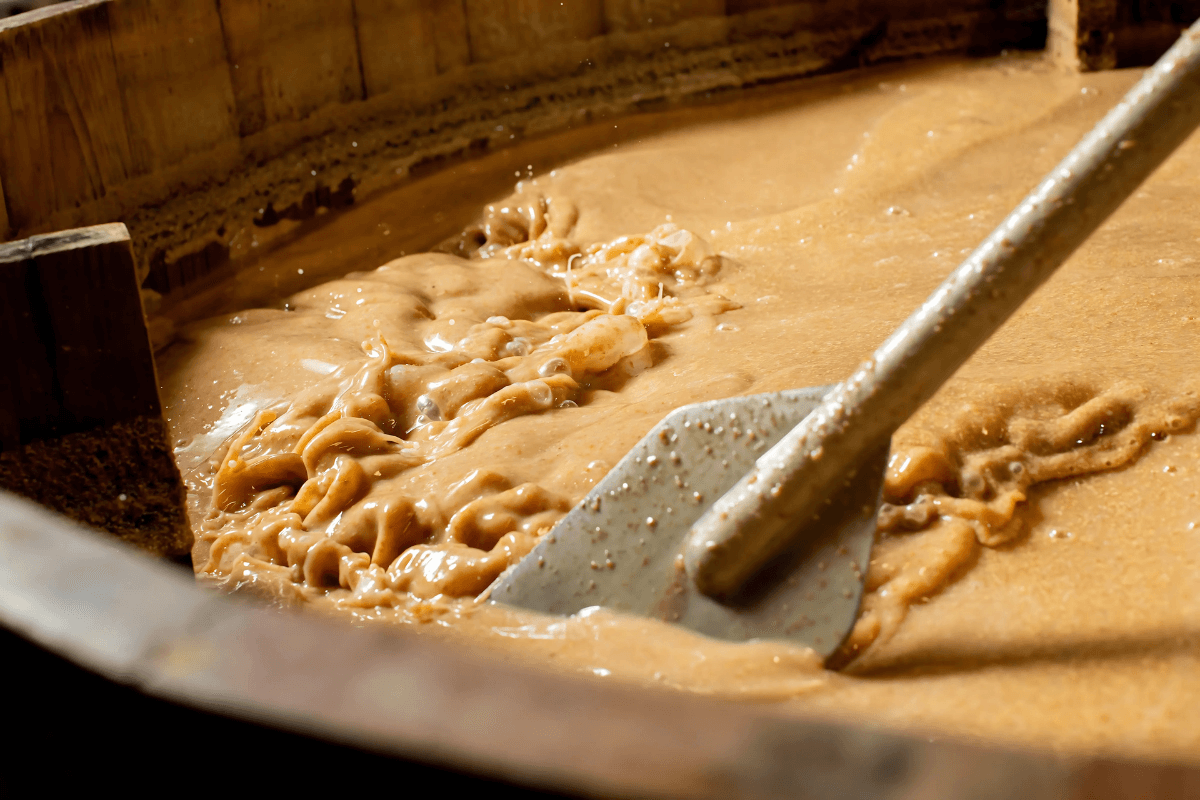
Image: Fermentation process at the Baltimore Spirits Company.
How do you ensure that the Baltimore Spirits Company stands out in a market filled with talented distillers across the country?
We hope to stick out by being ourselves and making products that we believe in and are excited about. Even our flagship, Epoch Rye Whiskey, is a rye whiskey that came out of our own tastes and what we wanted as opposed to a historical recipe or what people would expect a rye whiskey to be. It has a high percentage of rye malt in the mash bill, is fermented using Belgian beer yeast, then double pot distilled in our own uniquely designed stills and aged in barrels with a variety of char levels. Our customers know that they will get something special from us and that our quality standards are very high.
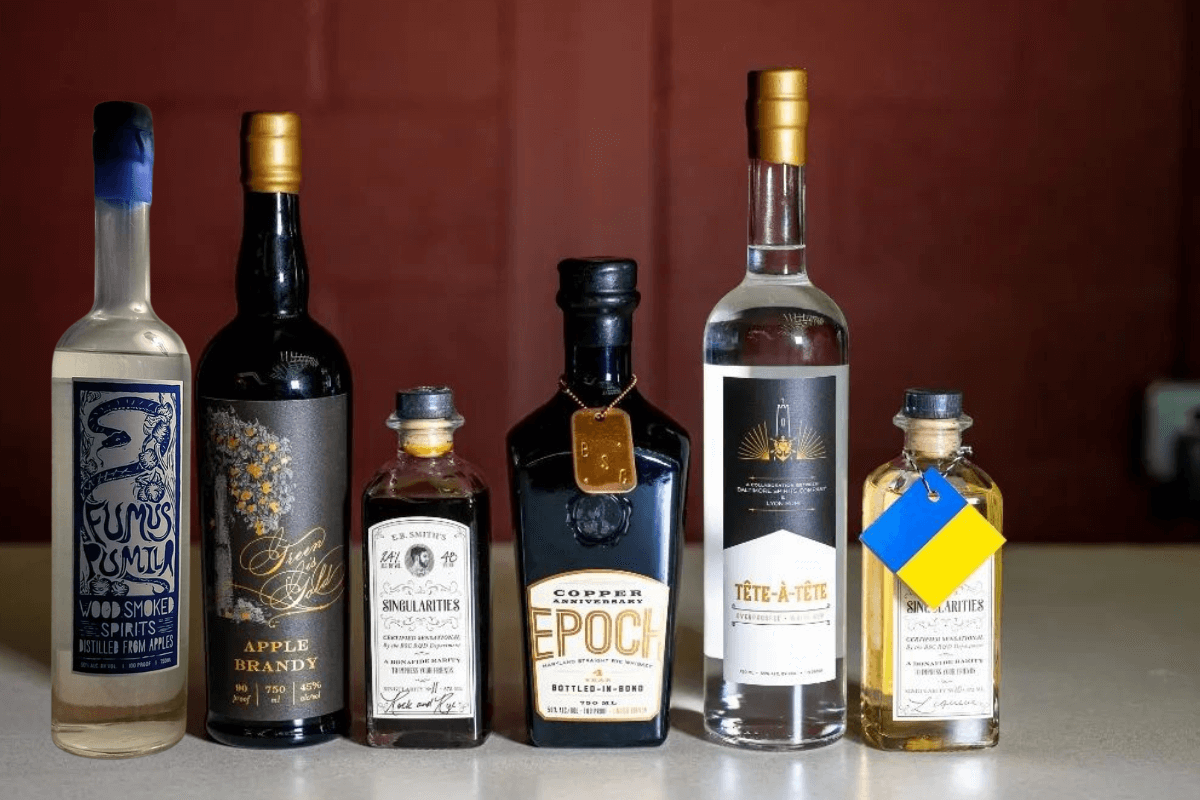
Image: Baltimore Spirits Company - Products
How are distilleries within the Maryland Distillers Guild, including your own, addressing sustainability in their operations?
At the Baltimore Spirits Company, we use groundwater as our primary cooling source. We have wells that pump water from the aquifer that we use to cool a chilled water tank, which is then pumped around the distillery for cooling our operations. The well water is reinjected back into the ground and returned to the aquifer. This setup uses less than half the energy that a traditional chiller with the same capacity would use.
Distilleries in Maryland continue to work with local grain producers that have environmentally responsible practices and look for clean energy sources when possible. The Maryland Distillers Guild is also hosting sustainability webinars for our guild members including an upcoming one on stillage analysis and treatment.
Looking at consumer preferences, no/low-alcohol spirits and ready-to-drink (RTD) beverages are gaining momentum. How is the Maryland distilling community adapting to these trends, and do you foresee them becoming a long-term shift in the market?
Many Maryland distillers are already producing RTDs and have found them to be a great addition to their lineup. The downside in Maryland is that our canned cocktails are still taxed at the same rate as higher abv distilled spirits, which is much higher than beer or wine at a similar abv%. In my opinion, RTDs and low-alcohol spirits will be a permanent part of the distilled spirits landscape, but I don’t expect them to keep gaining significant ground on traditional distilled spirits. Now that many craft distilleries have been around long enough to have mature whiskey and other aged spirits, I think we’ll see a stronger shift towards consumer loyalty to those local brands that are able to stick around.
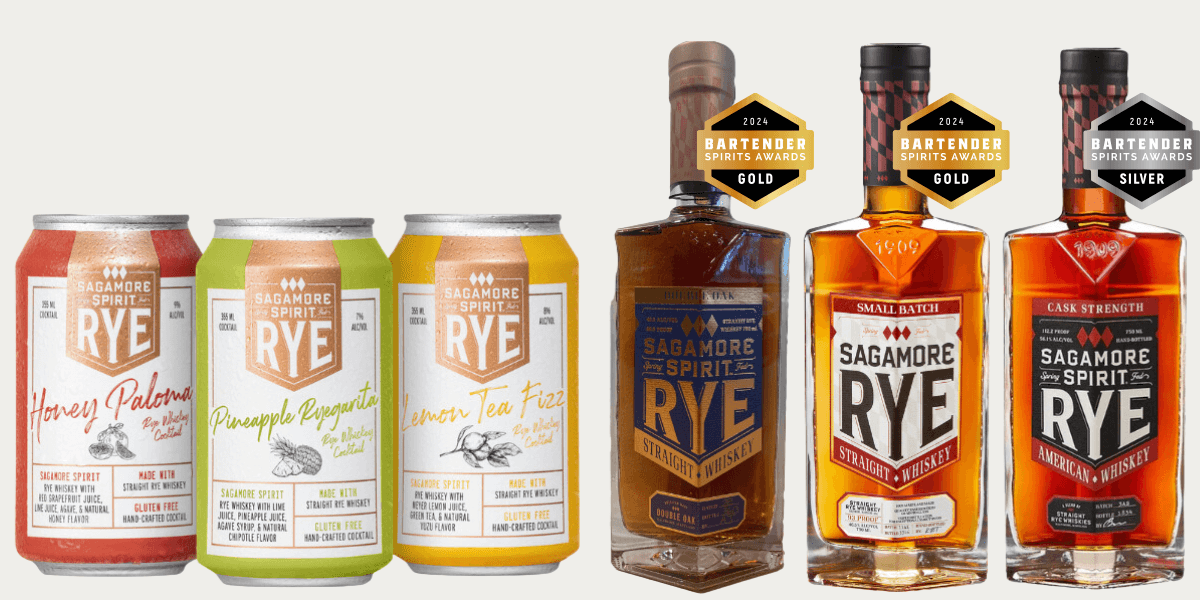
Image: (Left) Sagamore Spirit, a member of the Maryland Distillers Guild, introduced its first-ever line of ready-to-drink canned craft cocktails and (Right) Sagamore won Gold and Silver medals at the 2024 Bartender Spirits Awards - Sagamore Double Oak Rye Whiskey, Sagamore Spirits Rye Whiskey, Sagamore Cask Strength Rye Whiskey
Conclusion
As Maryland’s distilling scene continues to grow, Eli Breitburg-Smith’s vision for the future remains rooted in a deep respect for history coupled with an eagerness to innovate. From the collaborative spirit fostered by the Maryland Distillers Guild to the unique creations emerging from the Baltimore Spirits Company, it’s clear that the state’s craft distilling industry is poised for even greater success. With a focus on sustainability, tourism, and product diversity, Breitburg-Smith and his fellow distillers are shaping a new chapter in Maryland’s storied spirits tradition—one that’s sure to capture the attention of both local enthusiasts and a global audience.
In conversation with Malvika Patel, Editor and VP, Beverage Trade Network
Also Read:
Breaking Barriers: Brian Facquet on New York's Direct-to-Consumer Spirits Revolution
Sustainable Spirits: Tom Dubay's Vision for the Connecticut Spirits Trail
John Granata: from Mastering Distillation to Leading the New Jersey Craft Distillers Guild

